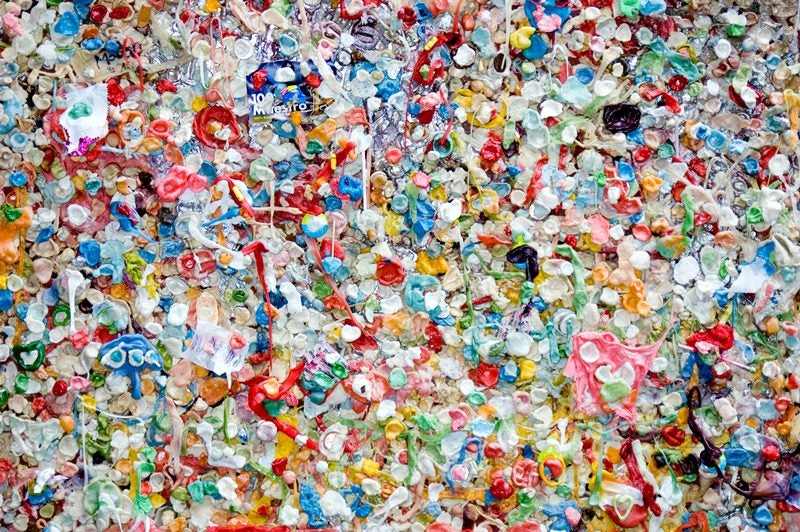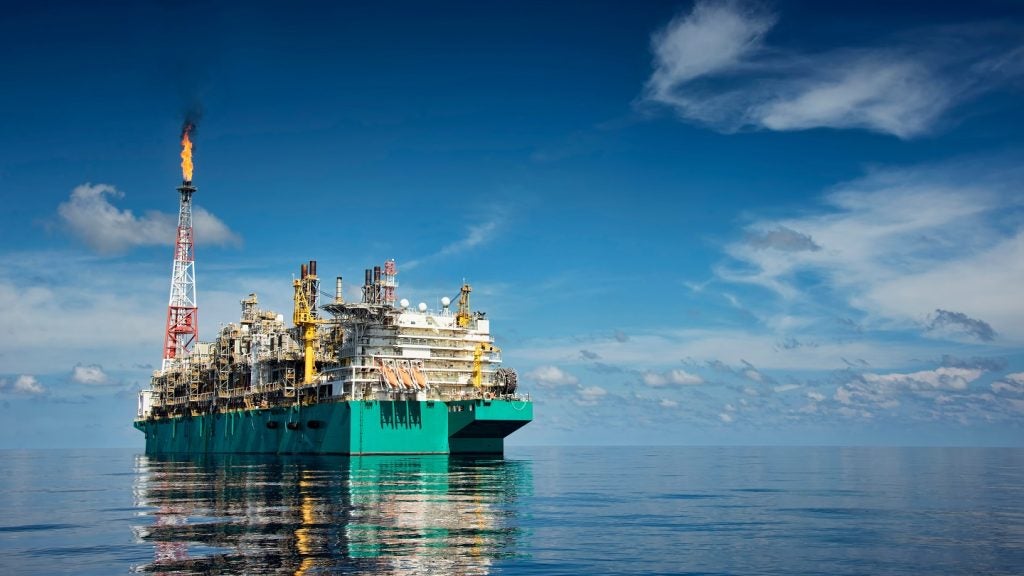
The oil industry is betting its future on strong plastics demand growth, but the world has begun tackling plastic waste to achieve climate targets.
This risks $400bn of petrochemical investments, and increases the chance of peak oil demand, according to a new report from Carbon Tracker and plastics experts SYSTEMIQ.
The core scenarios of BP and the IEA mean that plastics demand will be the largest driver of oil demand growth, making up 95% and 45% of growth to 2040 respectively, as oil demand will face challenges in its key area of transport.
The report titled ‘The Future’s Not in Plastics’, produced with SYSTEMIQ, a London-based company driving systemic change in material, land and energy systems, finds that increasing pressure to kerb the use of plastics could cut down virgin plastic demand growth from 4% a year to under 1%, with 2027 witnessing the demand peaking.
This implies that the oil industry will lose its primary growth driver.
Carbon Tracker Energy Strategist and report lead author Kingsmill Bond said: “Remove the plastic pillar holding up the future of the oil industry, and the whole narrative of rising oil demand collapses.”
How well do you really know your competitors?
Access the most comprehensive Company Profiles on the market, powered by GlobalData. Save hours of research. Gain competitive edge.

Thank you!
Your download email will arrive shortly
Not ready to buy yet? Download a free sample
We are confident about the unique quality of our Company Profiles. However, we want you to make the most beneficial decision for your business, so we offer a free sample that you can download by submitting the below form
By GlobalDataCurrently, the petrochemical industry is facing record-low plastic feedstock prices due to huge overcapacity. However, it intends to expand supply for virgin plastics use by a quarter at a cost of at least $400bn in the next five years, and this risks huge losses for investors.
According to the report, 36% of plastic is used only once, 40% ends up polluting the environment and only 5% is actually recycled.
SYSTEMIQ noted that technology solutions are available to enable a significant reduction in plastic usage at lower cost than business. Among these solutions includes reuse, with better design and regulation of product, substitutions such as paper, and a large increase in recycling.
SYSTEMIQ’s Plastic’s Platform lead and co-author Yoni Shiran said: “There are huge benefits in the change from the current linear system to a more circular one. You can have all the functionality of plastics but at half the capital cost, half the amount of feedstock, 700,000 additional jobs and 80% less plastic pollution.”
European and Chinese policymakers are taking steps to restrict plastics waste right from regulation and bans to taxes, targets and recycling infrastructure.
The report also noted that a critical element to ‘dim the rosy petrochemical demand picture painted by incumbents’ is the impacts of global policy action to address climate change.
The analysis finds that plastic releases roughly twice as much CO2 as producing a tonne of oil.
The Paris Agreement implies that global CO2 emissions (33Gt from the energy sector in 2018) will have to come down by 50% by 2030 and get to zero by the middle of the century. Even if it is assumed, 350Mt of plastic demand with a total carbon footprint of around five tonnes of CO2 per tonne of plastic, implies 1.75Gt of CO2.
Kingsmll Bond added: “It is simply delusional for the plastics industry to imagine that it can double its carbon emissions at the same time as the rest of the world is trying to cut them to zero.”




